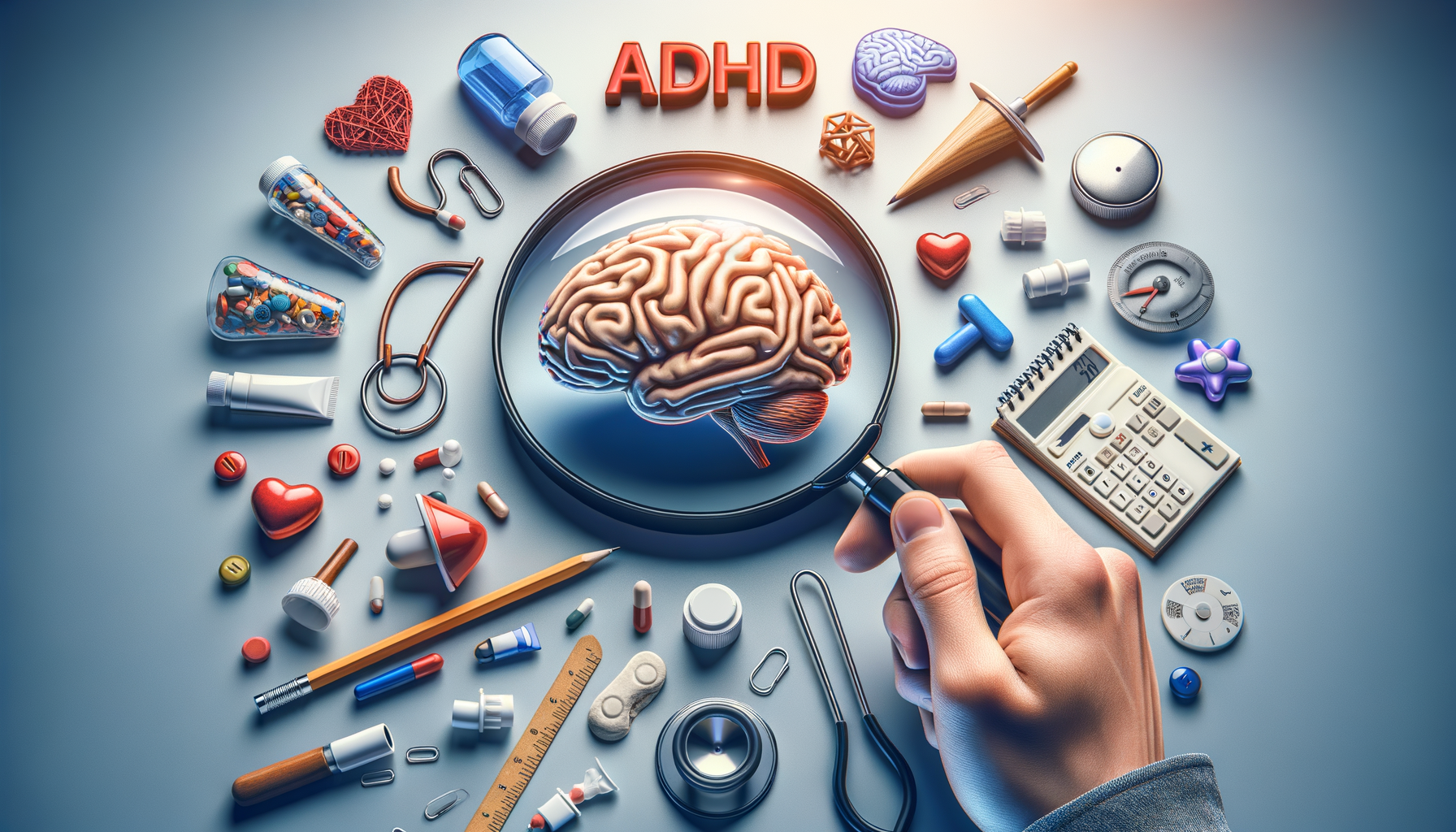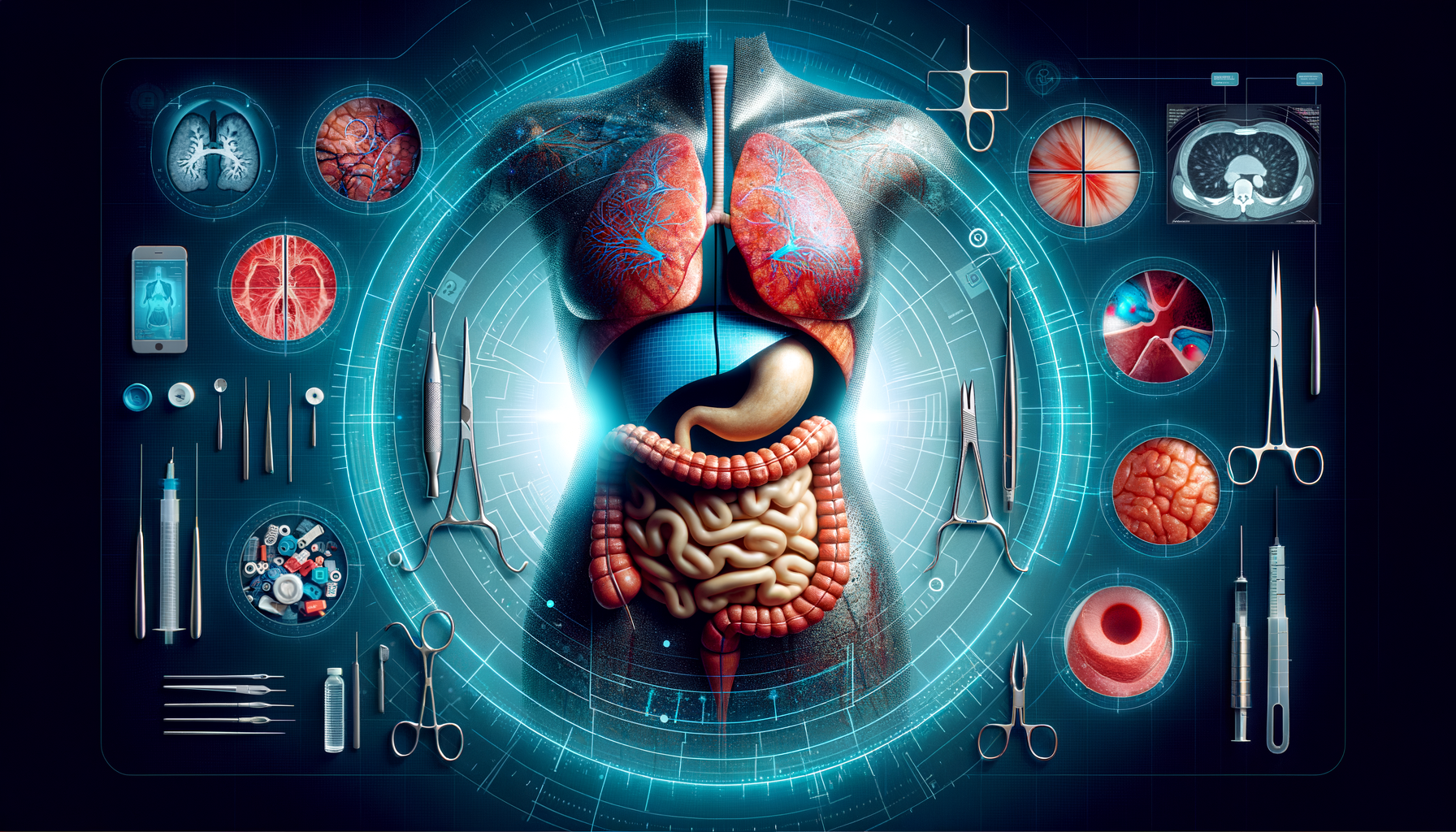
Discover Adult ADHD Testing & Treatment Options: A Practical Guide
Introduction to Adult ADHD
Attention Deficit Hyperactivity Disorder (ADHD) is often associated with children, but it can persist into adulthood, affecting many aspects of life, including work, relationships, and personal well-being. Recognizing ADHD in adults can be challenging due to its subtle and varied symptoms, which are often mistaken for other issues such as anxiety or mood disorders. Understanding adult ADHD is crucial for those who suspect they may be affected, as it opens the door to effective management strategies and improved quality of life.
Many adults with ADHD remain undiagnosed, leading to struggles with organization, time management, and impulsive decision-making. These challenges can hinder professional progress and personal relationships, making it essential to seek a proper diagnosis and explore treatment options. This guide provides insights into the testing and diagnosis process for adult ADHD, helping individuals take informed steps towards managing their condition.
Understanding the Symptoms of Adult ADHD
Adult ADHD symptoms can manifest differently than in children, often presenting as chronic disorganization, difficulty focusing, and impulsivity. These symptoms can vary in intensity and may overlap with other mental health conditions, making diagnosis challenging. Key symptoms include:
- Difficulty sustaining attention in tasks or conversations
- Frequent forgetfulness and losing items
- Chronic lateness and poor time management
- Impulsivity in decision-making and actions
- Restlessness and difficulty relaxing
Recognizing these symptoms is the first step towards seeking help. It’s important to note that everyone experiences these behaviors occasionally; however, for those with ADHD, they are persistent and significantly impact daily life. Understanding these symptoms can guide individuals in seeking a professional evaluation and exploring potential treatment paths.
The Diagnostic Process for Adult ADHD
Diagnosing adult ADHD involves a comprehensive evaluation by a healthcare professional, often including a psychiatrist or psychologist. The process typically starts with a detailed medical history and a series of interviews to assess symptoms and their impact on daily functioning. It’s crucial to differentiate ADHD from other mental health conditions, such as depression or anxiety, which can have overlapping symptoms.
Several standardized assessment tools may be used during the evaluation, including self-report questionnaires and behavior rating scales. These tools help in understanding the severity and pattern of symptoms. The diagnostic process also considers the individual’s childhood history, as ADHD is a developmental disorder that begins in childhood, even if it wasn’t diagnosed at the time.
Receiving an accurate diagnosis is vital for developing an effective treatment plan. It empowers individuals to understand their condition better and work towards strategies that can improve their quality of life.
Treatment Options for Adult ADHD
Once diagnosed, adults with ADHD can explore a range of treatment options tailored to their specific needs. Treatment often involves a combination of medication, therapy, and lifestyle changes. Medications, such as stimulants and non-stimulants, can help manage symptoms by improving focus and reducing impulsivity.
Therapeutic approaches, including cognitive-behavioral therapy (CBT), can provide valuable tools for managing ADHD symptoms. CBT focuses on changing negative thought patterns and developing organizational skills, which can enhance daily functioning. Additionally, coaching and support groups offer practical advice and emotional support, helping individuals navigate the challenges of living with ADHD.
Lifestyle modifications, such as regular exercise, a balanced diet, and mindfulness practices, can also play a significant role in managing symptoms. These changes can improve overall well-being and complement other treatment strategies, offering a holistic approach to managing adult ADHD.
Living with Adult ADHD: Strategies for Success
Managing adult ADHD is an ongoing process that requires patience and persistence. Developing effective coping strategies can significantly enhance daily life and personal achievements. Key strategies include:
- Creating structured routines to improve time management
- Using organizational tools like planners and apps to track tasks
- Breaking tasks into smaller, manageable steps to avoid overwhelm
- Practicing mindfulness and stress-reduction techniques
- Seeking support from family, friends, and professional networks
Embracing these strategies can lead to improved focus, productivity, and emotional well-being. It’s important to remember that progress may be gradual, and setbacks are a natural part of the journey. By staying committed to their treatment plan and seeking support when needed, individuals with ADHD can lead fulfilling, successful lives.


